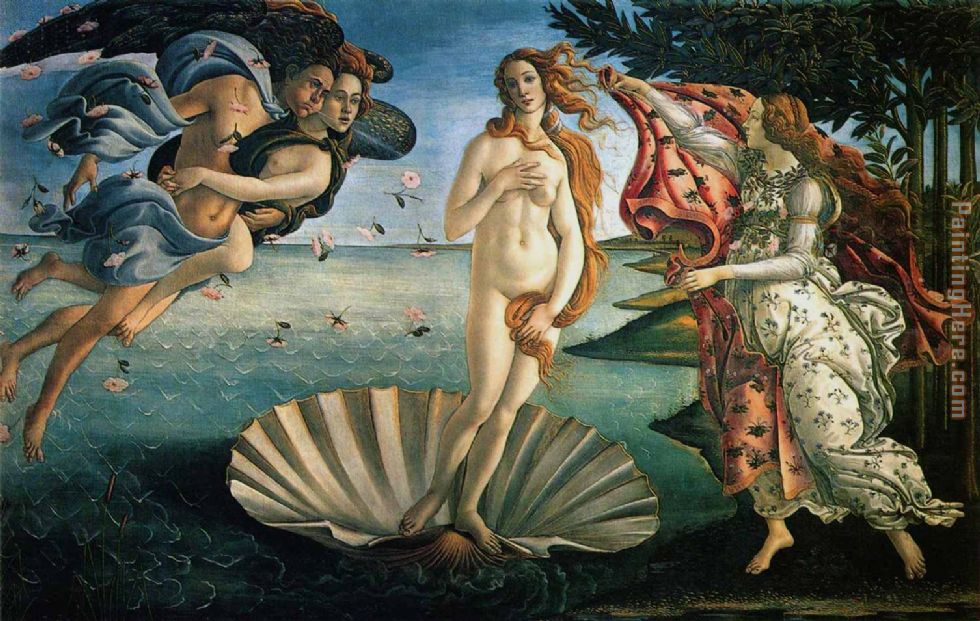Today's story is brought to you by Julia over at the
Thank You Project. It's always great receiving story submissions from people, so be sure to check out
her blog. It's all about the power of gratitude, which should interest a lot of you.
Anyway, in a post that will probably be controversial,
LiveScience reports that citizens of bigger governments tend to be happier than those of smaller governments. The actual study, published in the April issue of
Politics & Policy, says that the United States ranks 10th out of 15 industrialized nations in life satisfaction. The countries with more social welfare programs rank higher on the list.
Patrick Flavin of
Baylor University conducted the study by looking at data from the 2005 to 2008
World Values Survey, which asks citizens of various countries how satisfied they are with their lives. The researchers then measured the size of their governments by looking at tax revenue, gross domestic product (GDP), government consumption, average unemployment benefits, and social welfare expenditures.
After controlling for health, age, individualism, and other factors, government size proved to be the biggest influence on average happiness. Flavin says, "The jump in happiness in going from a country that's low on the government intervention scale to one that is high on the government intervention scale is about the same as the effect of getting married."
Suffice it to say, not everyone agrees with the study's conclusions. Critics point out that the study's sample of 15 countries is not big enough, while the researchers say they limited their sample size to draw more reliable comparisons between similar countries.
The story itself goes into much more detail than I could summarize here, so read that if you want to learn more.









































